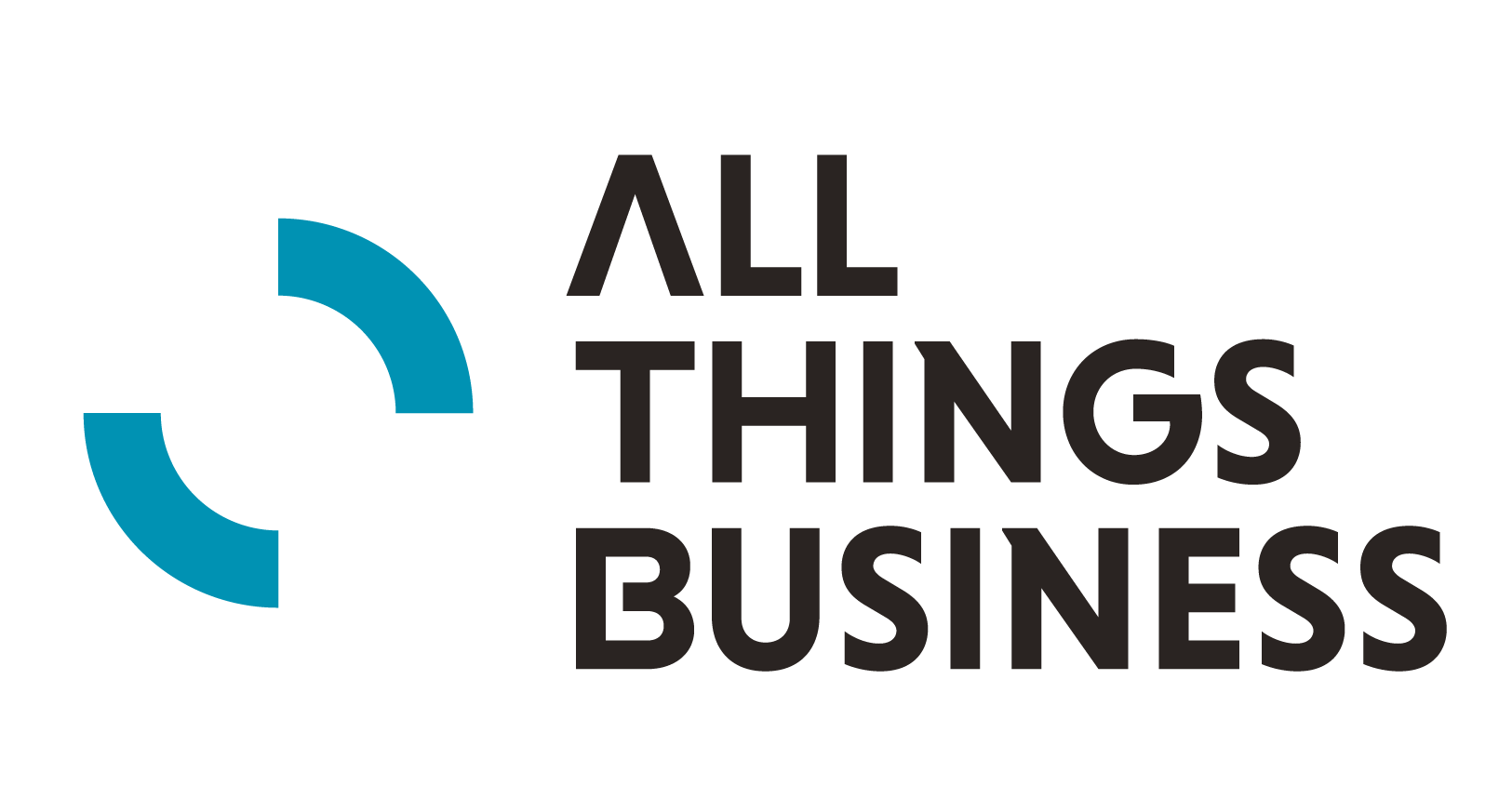Business transformation expert Partha Gopalakrishnan is warning that the broad rollout of AI in digital transformation further harms the flailing success rate of projects, and says hingeing digital transformation projects on emerging technology like AI will lead to more failed projects due to the pace of technological evolution.
Partha is President and Partner at Brane Group, where he spearheads Business Development and Business Transformation consulting, and also has his own firm, PG Advisors, which offers Board Advisory and non-executive Director services for prominent analysts and PE firms.
Up to 70% of digital transformations fail, and the price of these projects not meeting their objectives is estimated to be around $2trillion globally by 2026 and Partha believes these figures will increase if companies continue to prioritise emerging technology like AI without a clear understanding of the retained organisation, recruitment and AI governance.
Partha, who has more than 25 years’ experience in business transformation, said:
“Many consultancies point to the combination of artificial intelligence, cloud computing and the Internet of Things as the silver bullet for driving successful digital transformation. While these emerging models provide the bedrock for vital digital infrastructure, relying on them alone only sets you up for failure in the long term.
“This is because AI technologies evolve faster than digital transformation lifecycles. This tempts companies to change paths midway through a project. Technology used to be developed in five-to-six-year cycles; now, it takes five to six months.
“AI should not be seen as a standalone toolkit. It’s embedded into everything, and you need people across the board to understand it. You need to build a culture of un-learning and re-learning, upskilling and re-skilling. A company’s governance and culture are far more important than the new technology it adopts, and failing to develop the right mindset will accelerate the failure rate of transformation initiatives.”
With 59% of decision-makers in tech saying that technology is advancing so quickly that they worry about the future of their business, Partha stresses the need for companies to approach digital transformation with a long-term strategic mindset.
He said:
“In an oil rush, like we’re seeing with AI, timescales become compressed. One week can feel like a year, as executives work in a frenzy to integrate the ‘hot’ new technology as fast as possible. This is understandable, as the pressure from consumers, investors, and the market is intense – and being just one week behind competitors can be seen as a damning indictment of the leadership.
“But in this race to roll out AI, executives have to try to not get sucked into the short-term AI vortex – they have to take a step back and think about the long term. Rushed AI projects will hurt their firms down the line. They need to lay solid foundations first, before building AI systems on top of these.
“Digital transformation takes three to five years, and the focus needs to shift from short-term results to long-term strategies of adapting and rolling out new technology successfully and sustainably.
“Talent acquisition, as well as learning and development, are crucial to this, and companies should designate more time and investment into their talent strategies and training programmes than for their tech rollouts. Specifically, they should employ a skills-first approach instead of assessments based on whether or not candidates have past experience. A candidate’s ability to un-learn and re-learn is far more important than their knowledge about today’s tech landscape.
“It’s also essential to have a diversity of graduates – not just those from science and tech backgrounds. For example, graduates with a background in arts and humanities will play a more significant role in digital transformation as they can offer solutions about the ethics of AI implementation.
“Building AI into your business in a long-term, sustainable way, will go far beyond having the best data scientists. As these systems become more and more complex, having a multi-disciplinary team will be absolutely essential. Graduates from the humanities can help with the increasingly crucial area of AI governance, as well as with building out robust safety protocols and guardrails for AI implementation.
“Training and retaining your graduates and investing in them for at least five years will be far more beneficial than investing in the latest tech. This equips your team to implement new technology and adapt to new global frameworks and regulations.
“By leaping into AI integration as soon as possible, executives are taking a narrow-minded view of just how significant these technologies will be. They will go far beyond being just a technical device that speeds up your existing business processes. To absorb the shocks that will come from increasingly powerful AI systems, management teams will need to be composed of as wide a range of experts as possible to provide an array of insights.”
Find out more about Brane Group at www.braneenterprises.com

